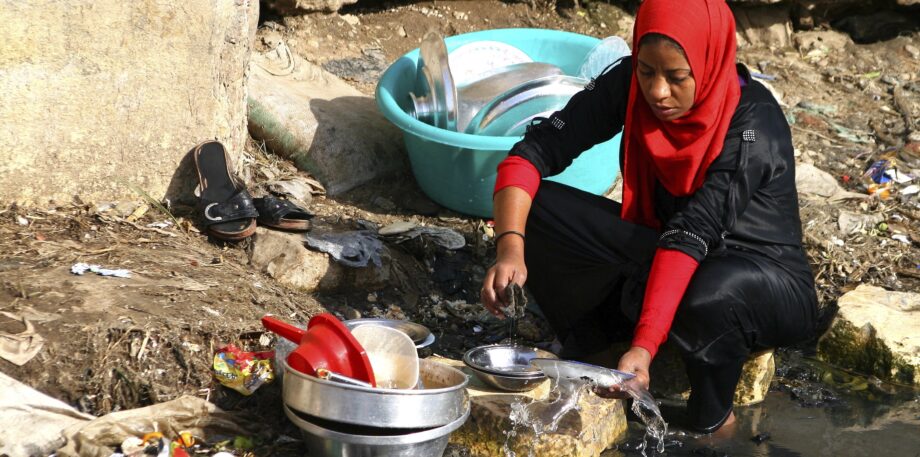November 6, 2015 — Whether people have the water they need depends on how much water there is and how much demand there is for it, right? Wrong.
According to a recent study published in Environmental Research Letters, governance, not pure supply and demand, is the most prevalent factor determining “water vulnerability” — the degree to which access to water is susceptible to disruption — in low-income nations.
Focusing on 119 countries and territories with per capita gross domestic product less than $10,725, researchers from Washington State University and Stanford University identified four basic categories of characteristics important to water supply vulnerability: demand, endowment (a mashup of quantity, quality and variability), infrastructure and institutions (the presence of government regulations and the likelihood they’ll be effective). They then used publicly available data to assess 19 traits representative of those categories, such as access to improved sanitation, dependence on groundwater, virtual water imported and exported, and government corruption.
All of the countries were found to be vulnerable in at least one of the four categories, and 23 of them were vulnerable in all four. The category characterizing the highest number of countries — 44 — was that of institutional vulnerability — suggesting that social and political factors are important areas of focus for initiatives aiming to boost water security.
Noting that access to water is a fast-growing challenge, with extractive use tripling over the past half century while population doubled, lead author Julie Padowski, a member of the water resources faculty at the University of Washington, suggested in a news release summarizing the paper’s findings that the results could be valuable in helping identify and target strategies for boosting water security.
“The common occurrence of institutional vulnerability,” she said, “adds weight to the argument that it’s not just how much water we have, it’s how we manage it that’s really important.” ![]()
Ensia shares solutions-focused stories free of charge through our online magazine and partner media. That means audiences around the world have ready access to stories that can — and do — help them shape a better future. If you value our work, please show your support today.
Yes, I'll support Ensia!
